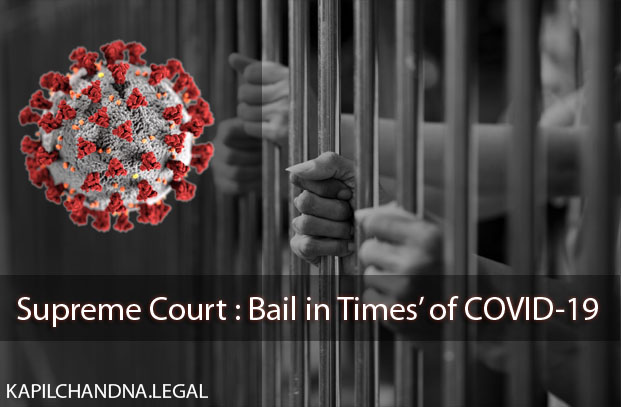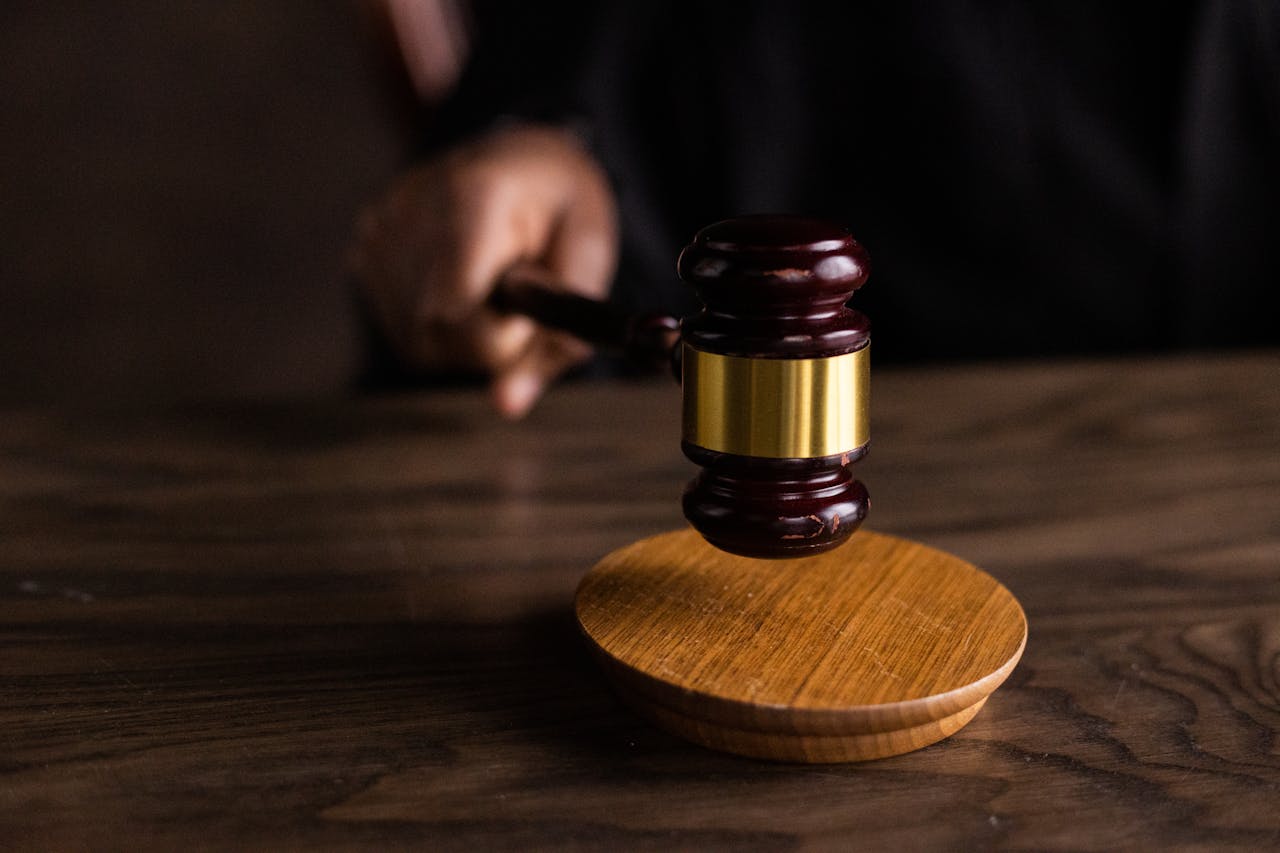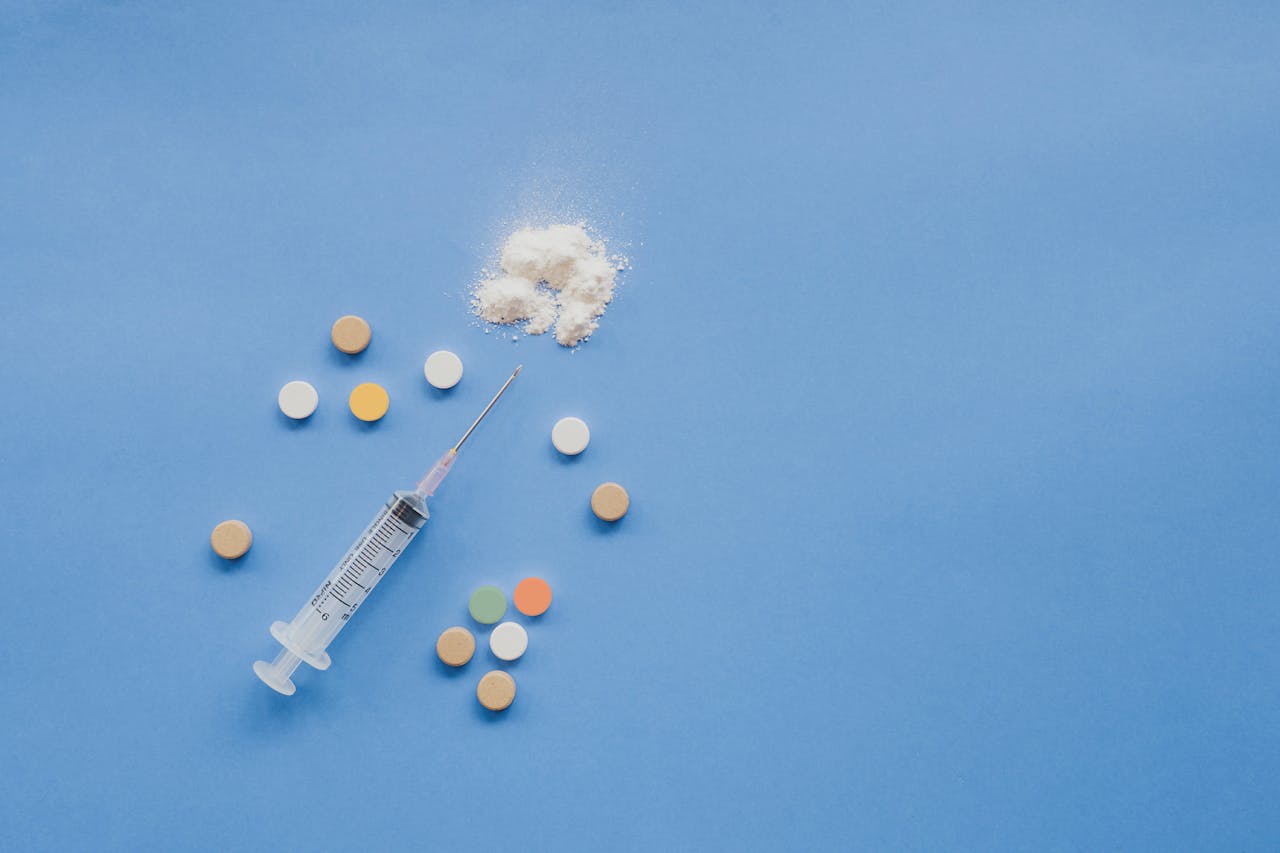Supreme Court : Bail in Times’ of COVID-19
Since the Jail in India are congested and over crowded , Hon’ble Supreme Court of India held that social distancing is not possible if jails remain overcrowded, making it difficult to for maintaining social distancing.
Taking note of the above-mentioned fact, Hon’ble Supreme Court in Suo Motu Writ Petition (C) No. 1/2020, In Re: Contagion of COVID-19 Virus in Prisons, on 23rd March 2020 directed all the states and Union Territory to constitute a High- Powered Committee for release of prisoners on Parole or Interim Bail.
“We, therefore, direct that each state shall & union territories to constitute a high-level committee comprising of home secretary and chairman, State Legal Service Authority to determine a class of prisoners, who can be released on parole for four to six weeks or on interim bail,”
While directing the States & Union Territories, Hon’ble Supreme Court also suggested the states and union territories can consider the release of prisoners who have been convicted or are undertrial for offences for which prescribed punishment is up to 7 years or less, with or without fine and the prisoner has been convicted for a lesser number of years than the maximum.
Interim Bail Granted By Supreme Court
Hon’ble Supreme Court granted an interim bail for a period of two months saying that:-
“We desire to release the petitioner on bail only on the aforementioned ground for a temporary period of two months so as to enable the petitioner to take treatment properly. We make it clear that we have not considered the matter on merits,” the bench said in its May 15 order after hearing the case through a video link.
“After two months he should surrender before the jail authorities,”.
Supreme Court Default Bail in COVID-19?
The extended period of limitation as per order dt. 23.03.2020 in Re: Cognizance for Extension of Limitation will not be applied in the context of Default Bail.
Delhi High Court High-Powered Committee
Based on Supreme Court directions, Hon’ble Delhi High Court High-Powered Committee in its report dated 8th May 2020 directed that 2177 prisnors already released on interim bail or parole be further extended for 45 days, observing that prisoners falling in following criteria may now be considered for grant of interim bail for 45 days in view of the circumstances in which we are in, preferably on ‘Personal Bond’ :
(i) Under trial prisoners facing trial for a case under Section 302 IPC and are in jail for more than two years with no involvement in any other case;
(ii) Under trial prisoners facing trial for offence under Section 304 IPC and are in jail for more than one year with no involvement in any other case;
(iii) Under trial prisoners facing trial in a case under Section 307 or 308 IPC and are in jail for more than six months with no involvement in any other case;
(iv) Under trial prisoners facing trial/remand prisoners in Theft cases and are in jail for more than 15 days;
(v) Male Under trial prisoners (above 65 years of age) facing trial in a case except the ones excluded hereunder and are in jail for more than six months with no involvement in any other case;
(vi) Female Under trial prisoners (above 60 years of age) facing trial in a case except the ones excluded hereunder and are in jail for more than six months with no involvement in any other case;
However, It has further been resolved that following category of Under Trial Prisnors, even if falling in the above criterion or the criteria adopted in the earlier Meetings, should not be considered :-
(i) Those inmates who are undergoing trial for intermediary/ large quantity recovery under NDPS Act ;
(ii) Those under trial prisoners who are facing trial under Section 4 & 6 of POCSO Act;
(iii) Those under trial prisoners who are facing trial for offences under section 376, 376A, 376B, 376C, 376D and 376E and Acid Attack;
(iv) Those Under Trail Prisnors who are foreign nationals ;
(v) Those under trial prisoners who are facing trial under Prevention of Corruption Act (PC Act) / PMLA, MCOCA ;
(vi) Cases investigated by CBI/ED/NIA/Special Cell of Delhi Police, Crime Branch, SFIO, Terror related Cases, Riot cases, cases under Anti-National Activities and Unlawful Activities (Prevention) Act etc.
Signed Vakalatnama in the time of COVID-19?
Hon’ble Delhi High Court in Hansraj & Ors. V. State (WP (Crl) 804/2020, has held that:-
“In consideration of the lockdown, there will be no insistence on filing of signed/attested vakalatnama, affidavits, or applications where the applicant is in jail and/or his family members reside outside Delhi since bail is moved for the benefit of a person who is in jail.
Maharashtra High-Powered Committee
Decided to grant temporary bail or parole to 50% of prisoners in prisons across the state during the coronavirus outbreak.
However, the committee clarified that prisoners charged or convicted under provisions of special laws will not be granted temporary bail.
These include the Maharashtra Control of Organised Crime Act (MCOCA), Prevention of Money Laundering Act (PMLA), Maharashtra Protection of Interest of Depositors Act (MPID), Unlawful Activist Prevention Act (UAPA), The Protection of Children from Sexual Offences (POCSO) and Narcotic Drugs and Psychotropic Substances Act (NDPS).
Uttar Pradesh High Committee
Decided that the interim bail or parole granted to 14,854 under trial prisnors, 2256 convicted prisnors and 492 Juveniles who were released until May 19,2020, be further extended for a period of 8 weeks.
“Under trail criminals facing criminal cases in which maximum sentence is 7 years may be released on 8 weeks, as the case may be on furnishing personal bond with an undertaking that written on personal bond itself that he/she shall surrender before the expiry of the interim bail. Other conditions may be imposed if the court thinks fit, considering the circumstances of the case”.
Haryana High Committee
Extended the period for another six weeks concluding that”…readmitting around 4,000 prisoners released on parole or interim bail back into the jails at this stage is a huge risk. It is likely to increase the risk of Covid infection to the existing inmates and will defeat the whole objective of releasing them on parole/interim bail,”
Conclusion
Most of the States have decided to release the persons accused or convicted of offences with upto or less than 7 years, however, most of the states have excluded prisnors under special acts such as POCSO, PMLA, NDPS, MCOCA, UAPA, etc from consideration for release.
And Courts across the Country have included bail applications, in the catagory of “extremely urgent” or “urgent matters”, to be heard and decided even with the restricted functioning of the courts.
Kapil Chandna Advocate
Practicing at Supreme Court of India
9899011450,9911218741




